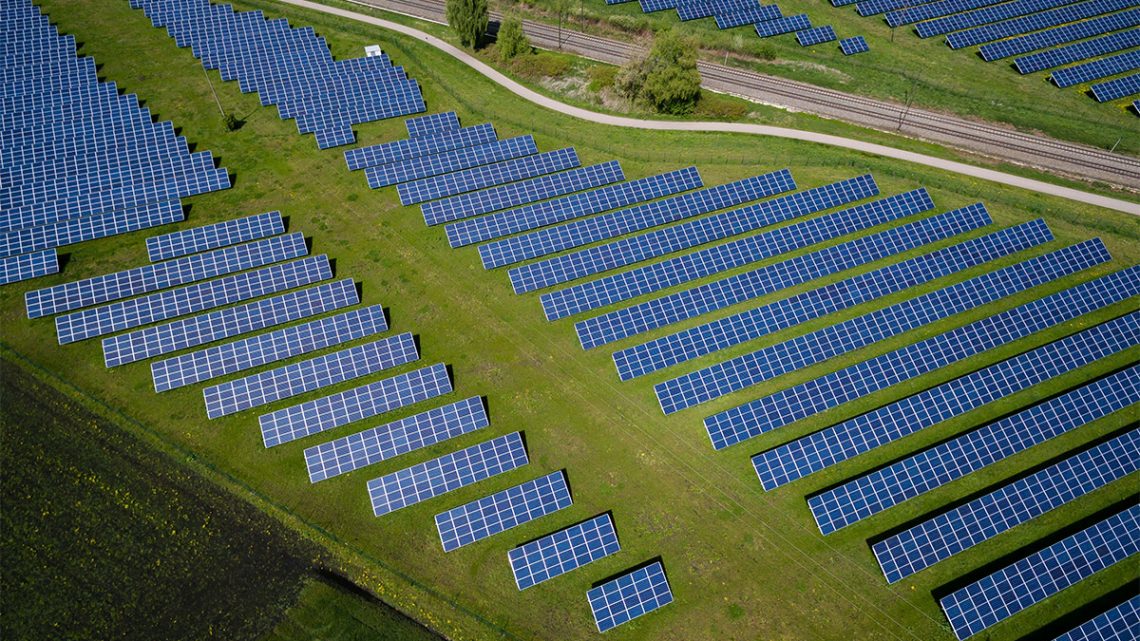
As major challenges for the global economy are predicted in the wake of the coronavirus pandemic, a diverse group of faith institutions is putting the call for a just economic recovery into practice.
Today, 42 faith institutions from 14 countries, including 21 from the UK, announce their divestment from fossil fuels. This is the largest-ever joint announcement of divestment from fossil fuels from faith institutions. It comes from institutions in Argentina, Australia, Bangladesh, Brazil, Colombia, Ecuador, Indonesia, Ireland, Italy, Kenya, Myanmar, Spain, the UK, and the United States.
As governments around the world make substantial investments in an economic recovery, faith communities urge them to think long term and focus on a recovery that is low-carbon and just.
Today’s multi-faith announcement comes from Catholic, Methodist, Anglican and Buddhist institutions, among others with over £1 billion in assets under management. The group includes the Jesuits in Britain, the Sisters of St Joseph of Peace (UK) and the Diocese of Arundel and Brighton, which becomes the third Catholic diocese in England and Wales to divest. There are now more than 170 Catholic institutions around the world that have made commitments to divest from fossil fuels.
The Bishop of Arundel & Brighton, Rt Revd Richard Moth, said: “Care for the world that has been given to us is an increasingly pressing need. It is therefore timely that the Diocese of Arundel & Brighton divests from fossil fuels. This positive step will contribute to the common good and, I trust, pave the way for further practical action to safeguard this and future generations.”
Several Catholic religious orders in the UK have already divested from fossil fuel companies, including the Passionists, the Congregation of Jesus, the Religious Sisters of Charity, the Presentation Sisters and the Franciscan Sisters Minoress.
Earlier this month, a new report from Operation Noah showed that none of the major oil companies are compliant with the Paris agreement targets. The former Archbishop of Canterbury, Rt Revd Dr Rowan Williams, said in response to the report, “The current health crisis has highlighted as never before the need for coherent international action in the face of global threat. Can we learn the lesson and apply it to the global threat of climate change? To do so means taking practical and effective steps to reduce our lethal dependence on fossil fuels.”
Illustrating the need for a just recovery for our brothers and sisters in faith globally, the Episcopal Commission for Justice and Peace in Bangladesh is among those committing to divest from fossil fuels.
Bangladesh is home to the world’s largest refugee camp, where more than half a million people live near the Bay of Bengal. The Bay of Bengal is extremely vulnerable to the greater risk of catastrophic storms that come with climate change. A viral pandemic and a catastrophic storm would bring one of the world’s most vulnerable communities to a halt, illustrating the need to repair the faults that have left economies near the breaking point.
The global divestment announcement comes at the start of Laudato Si’ Week, a global commemoration of the fifth anniversary of Laudato Si’, Pope Francis’ encyclical on climate change and ecology. After being invited to participate in Laudato Si’ Week by Pope Francis, Catholics have taken up the project to build a more just and sustainable future together. In the last month, 21 Catholic organizations with $40 billion in assets under management committed to invest in companies that align with their values by signing the Catholic Impact Investing Pledge.
James Buchanan, Bright Now Campaign Manager at Operation Noah, said: “The decisions we make now will affect the future of humanity for thousands of years. These faith institutions are showing strong leadership in response to the climate crisis, and we hope that more Catholic dioceses and religious orders will join them in divesting from fossil fuels and investing in the clean technologies of the future.”
Statements from Catholic churches:
“Climate change is the most pressing challenge the world faces as climate disasters wreak more and more destruction, hitting poorer countries the hardest – despite them having done the least to cause them. The decision to divest is principally a response to the clear moral imperative of acting to safeguard our planet for future generations at a time when scientific evidence is mounting that we are facing a grave climate emergency.” Fr Damian Howard SJ, Provincial Superior of the British Jesuits
“The climate crisis calls each of us to conversion of heart and change in behavior. We felt compelled to divest of fossil fuels to reflect our values. We are also committed to using our resources to make positive investments that will help the transition to a zero carbon future.” Sister Bridgetta Rooney, trustee of the Sisters of St Joseph of Peace